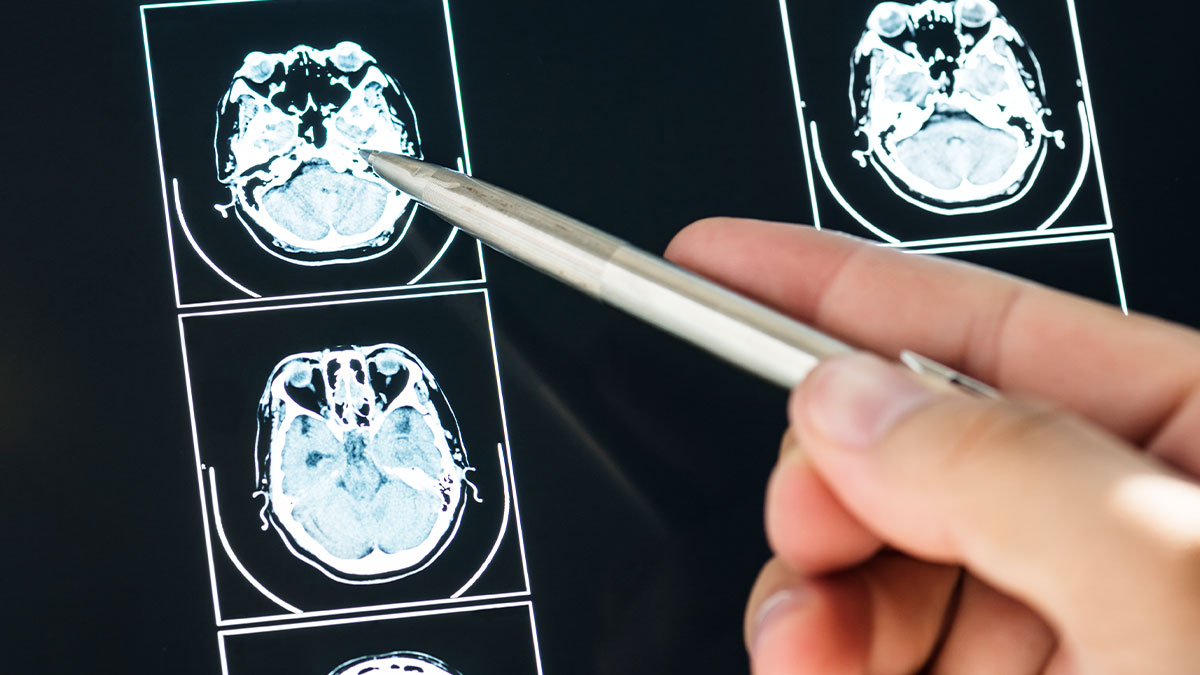Obesity may heighten the risk of developing Alzheimer’s disease, a new study by the University of Sheffield has determined.
The study delved into the magnetic resonance imaging scans of nearly 50 patients diagnosed with a mild case of the neurodegenerative disease. 68 with mild cognitive impairment and 57 with no history of cognitive dysfunction were also examined.
As unveiled in the Journal of Alzheimer’s Disease Reports, researchers assessed the fibers and blood flow of the brain.
“Scans were acquired from 47 patients clinically diagnosed with mild Alzheimer’s disease dementia, 68 patients with mild cognitive impairment, and 57 cognitively healthy individuals,” the authors of the study wrote in their findings.
“Voxel-wise associations were run between maps of gray matter volume, white matter integrity, and cerebral blood flow, and global/visceral obesity.”
In the participants with a mild case of dementia, their cognitive decline was positively associated with obesity and grey matter volume, located at the right temporoparietal junction, the study indicated.
The findings suggested that obesity may result in neural tissue vulnerability in people considered to be cognitively healthy, as well as those with mild cognitive impairment.
“Obesity might contribute toward neural tissue vulnerability in cognitively healthy individuals and mild cognitive impairment, while a healthy weight in mild Alzheimer’s disease dementia could help preserve brain structure in the presence of age and disease-related weight loss,” the study concluded.
The study was supported by the European Union Seventh Framework Programme. It was also conducted in association with the University of Eastern Finland, Kuopio, Finland.


